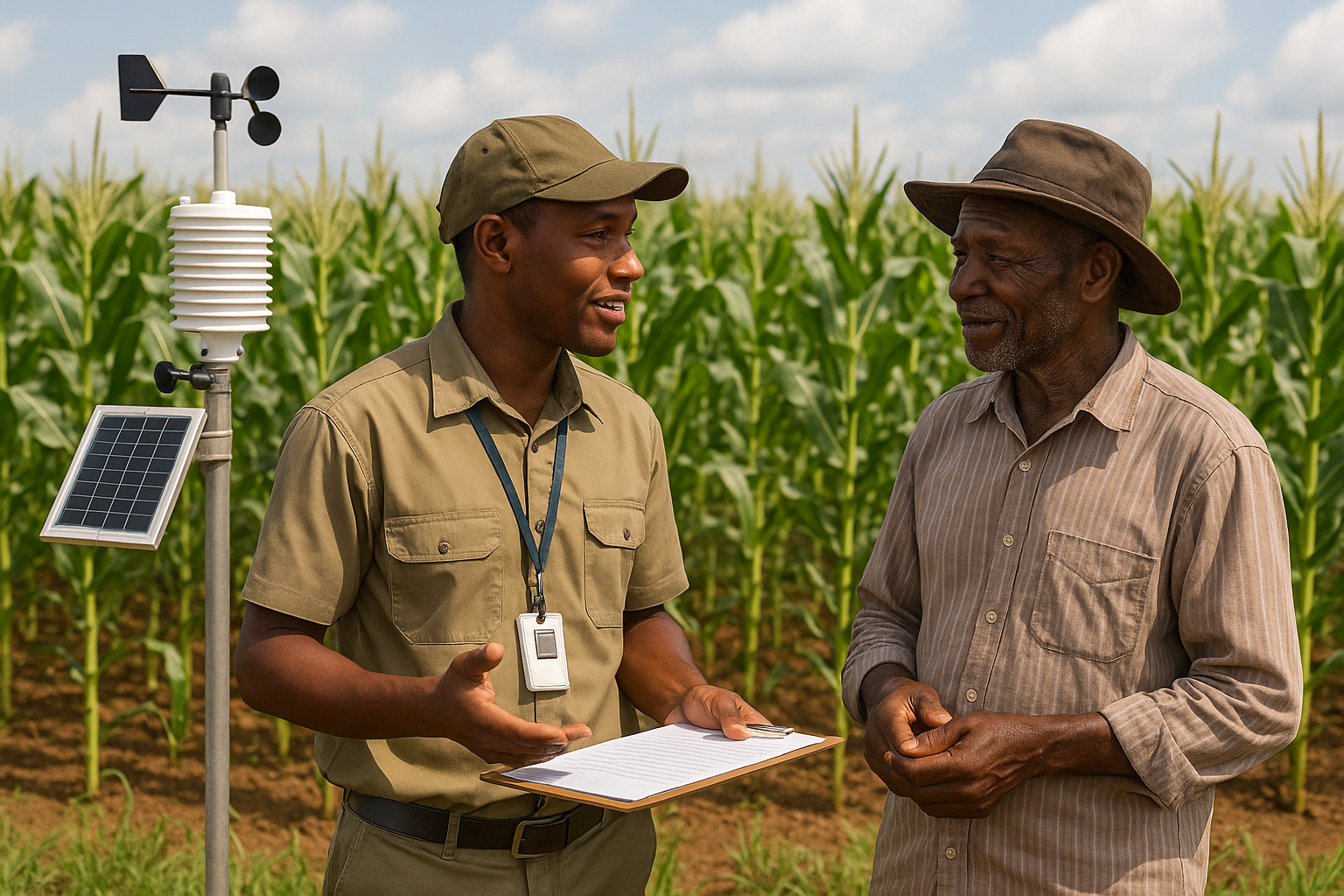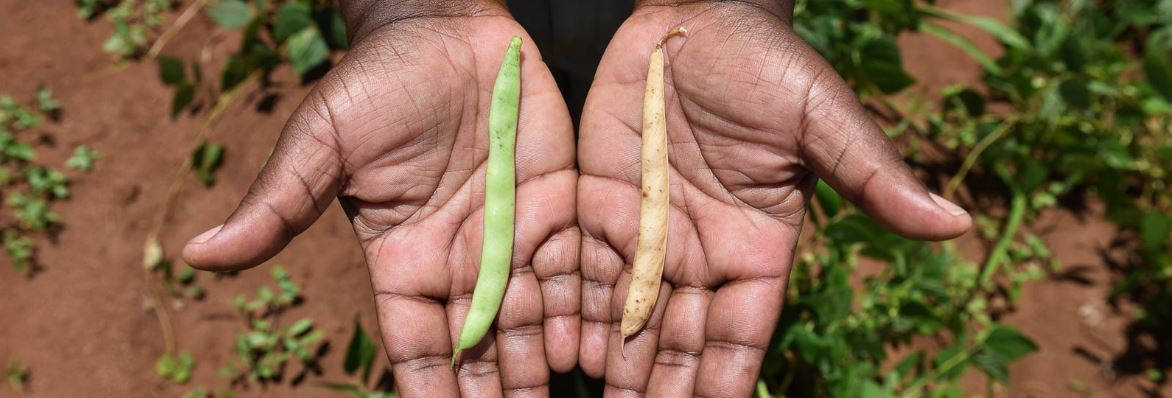
The main objective of this activity is to build capabilities of the experts from the Eastern Africa countries to use vegetation indexes, in-situ phenology observations and remote sensing products for monitoring the cereal crops, forestry and pasture areas by agrometeorological tools and applications. The training is focused on capacity development for Malawi and Tanzania National Meteorological Services to improve data and products and service tools into phenology observations and remote sensing products for monitoring the cereal crops.
The course took place 6-8 September 2021, however many of the materials may still be valid for your work. Contact the WMO Agromet team if you would like access to these resources.

This virtual workshop held 7=22 November 2022, aimed at supporting agricultural services in Central African countries to identify the satellite based products best suited to add value to your services. A key focus for this workshop was the preparation and publication of agrometeorological bulletins.

The expected output of the course is to build the capabilities of the experts of the Southeastern Europe to use the satellite products and agrometeorological applications for drought monitoring. The expected outcome is to improve data and product quality for drought monitoring and service delivery to users and decision makers. That information shall be coupled with other tools such as seasonal forecasts, crop models and geographical information systems.
Beneficiaries are the experts from National Meteorological Services and Ministries of Agriculture from the Albania, Armenia, Azerbaijan, Belarus, Bosnia-Herzegovina, Bulgaria, Croatia, Georgia, Greece, Hungary, Republic of Moldova, Montenegro, North Macedonia, Romania, Serbia, Slovenia, Türkiye and Ukraine.
The training course was conducted virtually from 23 November to 11 December 2020, and incorporating a moderated Moodle platform.
